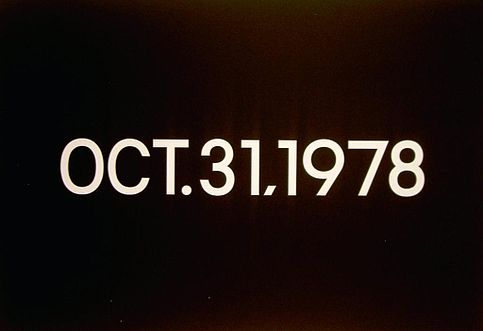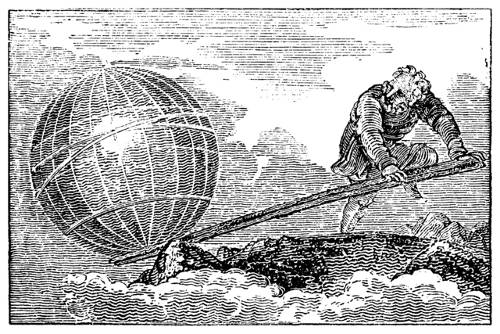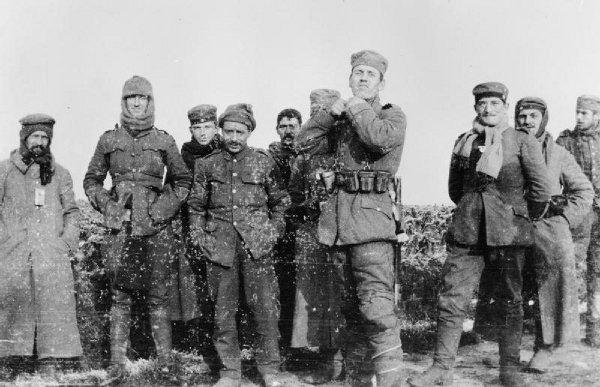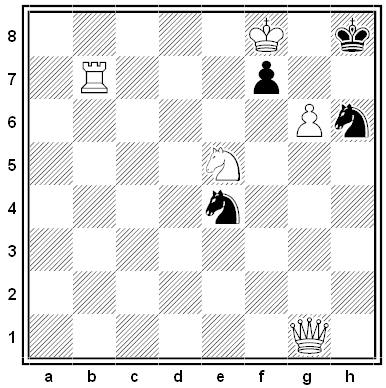Before you are two piles of coins. One contains 4 coins and the other contains 1. If you like, you can keep the larger pile, give me the smaller, and end the game. Or you can pass both piles to me. In that case the size of each pile doubles and I’m given the same option — I can keep the larger pile and give you the smaller one, or I can pass both piles back to you, in which case they’ll double again.
We both know that the game will end after six rounds. At that point I’ll have the coins and will win 128 coins to your 32. You’d be better off stopping the game in round 5, when you’ll have 64 coins and I have 16. But, by similar reasoning, I’d prefer round 4 to round 5, and you’d prefer round 3 to round 4 … if we rely on each other to be purely rational, it seems your best opening move is to end the game at once and keep 4 coins. This is less than you’d make in round 6, but it appears that purely rational play will never reach that round.
In practice, interestingly, human beings don’t do this — almost no one stops at the first opportunity, even after several repetitions of the game. Why they do so is not clear — possibly they’re hoping that their opponent has not reasoned through the whole game, or perhaps they’re agreeing tacitly to cultivate the pot in hopes of being the first one to cash out abruptly; perhaps the satisfaction of anticipating such a victory makes the risk worthwhile.
In lab tests in 2009, economists Ignacio Palacios-Huerta and Oscar Volij found that only 3 percent of games between students ended in the first round, but 69 percent of games between chess players did so. This rose to 100 percent when the first player was a grandmaster. They conclude that the most important factor is common knowledge of the players’ rationality, rather than altruism or social preferences.
(Ignacio Palacios-Huerta and Oscar Volij, “Field Centipedes,” American Economic Review 99 (4): 1619–1635.)





